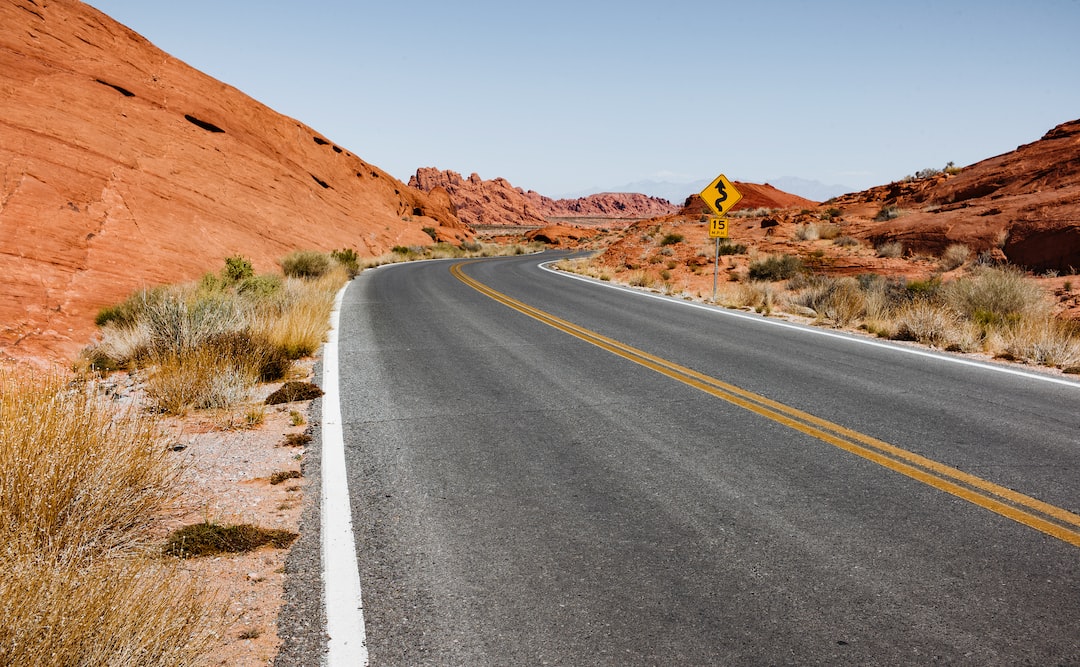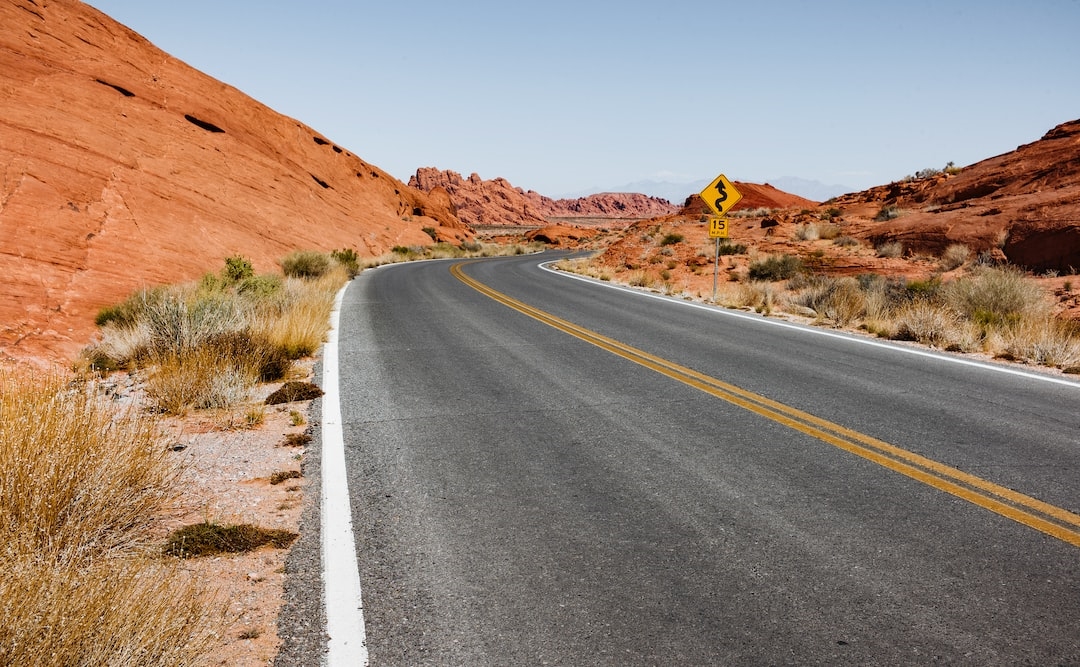Culture is an integral part of human history, with different societies and communities developing their unique customs, beliefs, and traditions over time. Some cultures have thrived for thousands of years, surviving various challenges and changes. In this article, we explore the question of which culture is the oldest living culture in the world.
The Aboriginal Culture of Australia
One of the leading contenders for the title of the oldest living culture in the world is the Aboriginal culture of Australia. The Aboriginal people are believed to have arrived on the Australian continent over 65,000 years ago, making their cultural heritage one of the oldest known continuous cultures on Earth.
The Aboriginal culture is rich in traditions, storytelling, art, and spirituality. It is deeply connected to the land and the natural world, with a strong emphasis on the concept of Dreamtime, a belief system that explains the creation and existence of everything. Despite the challenges faced by the Aboriginal people throughout history, their culture remains resilient and continues to thrive to this day.
The Indigenous Culture of Papua New Guinea
Another ancient and vibrant culture is found in Papua New Guinea. The indigenous people of this region have a diverse array of traditions and languages, with some estimates suggesting that there are over 800 distinct languages spoken in the country.
The indigenous culture of Papua New Guinea is characterized by strong community ties, unique ceremonies, and elaborate art forms. From intricate carvings to colorful costumes, their artistic expressions reflect their deep connection to their environment and ancestral beliefs. While Western influences have made their way into the country, the indigenous culture remains strong and deeply rooted within its communities.
The Maori Culture of New Zealand

The Maori people of New Zealand have a rich cultural heritage that stretches back over a thousand years. They arrived in New Zealand from Polynesia around the 13th century and established a distinctive culture that is recognized and celebrated to this day.
The Maori culture revolves around concepts such as mana (prestige), tapu (sacredness), and whakapapa (genealogy). They have a strong spiritual connection to the land, which is reflected in their traditional dances, songs, and art forms. The Maori language, known as Te Reo, is also an integral part of their cultural identity and is seeing a revival in recent years.
While it is challenging to determine the exact oldest living culture in the world, the Aboriginal culture of Australia, the indigenous culture of Papua New Guinea, and the Maori culture of New Zealand are among the leading contenders. These cultures have withstood the test of time, embodying the resilience and richness of human civilization.
It is important to recognize and appreciate the diversity of cultures around the world, as they offer valuable insights into our shared history and provide a platform for future generations to connect with their roots.
